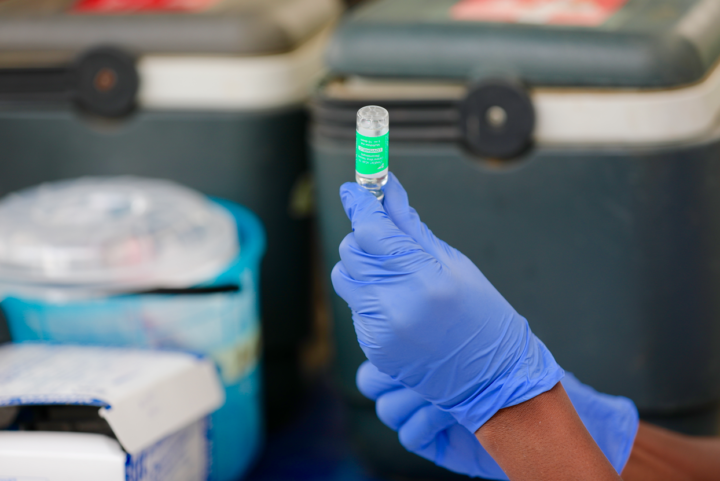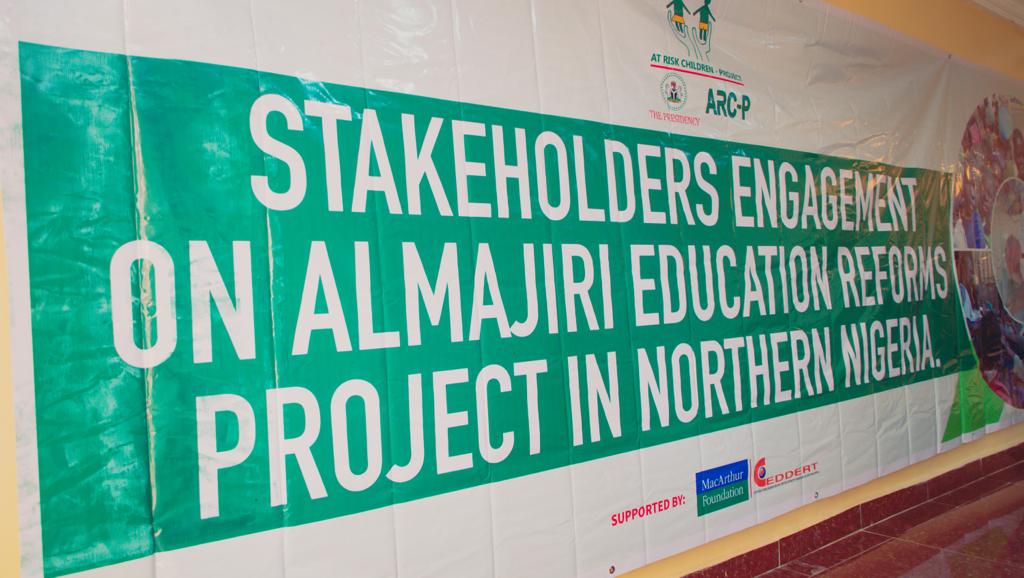BY NICHOLAS ADERINTO
When COVID-19 razed through China and other developed countries, there were concerns about Africa’s readiness and capacity in the face of the looming pandemic. However, Africa currently stands behind many developed countries in the number of casualties from the pandemic. While the continent is experiencing the third pandemic wave, Africa is not likely to witness scenes of overwhelmed health centres seen in some parts of the world.
COVID-19 did not create most of the challenges Africa has faced through the pandemic. It has, however, laid bare long-standing and evolving crises on the continent. For example, health systems in Africa were already fragile before the pandemic. Pre-existing frameworks, such as the Abuja Declaration and the Africa Health Strategy 2016-2030, have not been sufficient to finance health. Since 2001, when the AU set the target of spending 15% of the government budget on health in any given year, only a few countries had met it.
Looking beyond the prevailing challenges, the COVID-19 pandemic provides a unique opportunity to reinvent Africa’s fragile health system and the growing digital ecosystem.
Advertisement
Transforming health system through Africa
The pandemic brought to the surface age-long challenges of insufficient domestic financial commitment, inadequate infrastructure, and the continual problem of brain drain. Also, the current diversion of limited health resources to combat the effects of the COVID-19 pandemic has disrupted other disease control programs such as malaria, tuberculosis (TB), and HIV/AIDS, which are still amongst the leading causes of death in Africa. According to the WHO, 14 African countries experienced a more than 50 percent decline in services, ranging from the provision of skilled birth attendants to the treatment of malaria cases in May-July 2020 alone.
Africa currently suffers disproportionately from global vaccine production constraints, as its reliance on external suppliers exposes it to the effects of vaccine nationalism and international supply-chain disruptions. Only 1 percent of the vaccines used in Africa are made in the continent, and as of 3 May 2021, of the over 1.16 billion COVID-19 vaccine doses that have been administered globally, Africa, which accounts for 17.6% of the global population, had administered only less than 2 percent.
Advertisement
African governments responded to the COVID-19 pandemic earlier and swifter than most of the developed nations. Also, there have been improved continental collaborations to safeguard the continent against the virus. For example, after the first confirmed case of COVID-19 in Africa was reported in Egypt on 14 February 2020, the Africa Centres for Disease Control and Prevention (AfCDC) established the Africa Taskforce for Coronavirus (AFTCOR) to support member states in setting up and expanding testing capacity. As a result, diagnostic capability went from two countries, Senegal and South Africa, in February 2020 to more than 43 by the end of March 2020. All African countries now have coronavirus lab testing capacity.
However, these coordinated efforts must be sustained beyond the current pandemic if the impacts of the measures will be felt in the nearest future. The pandemic provides an opportunity to revisit the pre-existing primary health care structures, the 2001 Abuja Declaration and investment in digital and innovative health systems.
Growing digital transformation
Africa’s digital transformation was fast rising before the COVID-19 pandemic. Africa is currently home to the fastest-growing broadband connections in the world. Also, online businesses have witnessed increased revenue; for example, online retail revenue has doubled since 2010. However, many sectors such as education and governance in Africa have not seen the impact of digitalisation.
Advertisement
The pandemic has provided further evidence of Africa’s vast digital potential, with governments leveraging technology to adapt to the pandemic situation, for example, through telemedicine services. In the recovery, governments can draw on a young generation of digital entrepreneurs adapting to the new global conditions. Over 640 tech hubs are active across the continent. Tapping into this potential presents an opportunity to stimulate the economy and leapfrog to overcome existing challenges.
FinTech is a source of real promise and could provide essential financial services to informal workers. Africa already has the world’s highest number of mobile money accounts at 300 million, while 72 percent of Africans now use mobile phones regularly.
However, digital leapfrogging is easier said than done. For Africa to truly realise its digital potential, the digital divide must be overcome, digital infrastructure must be expanded, investment in skills development must be scaled up, and policies put in place that reflects the new digital reality.
Whether Africa will come out stronger and better from the COVID-19 pandemic is not entirely reliant on the impact of the pandemic but the immediate and future actions of leaders across the public and private sectors. While the immediate need is to reopen and get the economy back as quickly as possible, the long-term opportunities that the pandemic provides for strengthening the health systems and accelerating digitalisation in Africa must not be overlooked.
Advertisement
Nicholas Aderinto is a 2021 African Liberty Writing Fellow
Advertisement
Views expressed by contributors are strictly personal and not of TheCable.
Add a comment






